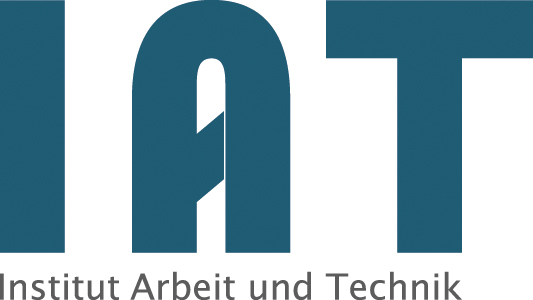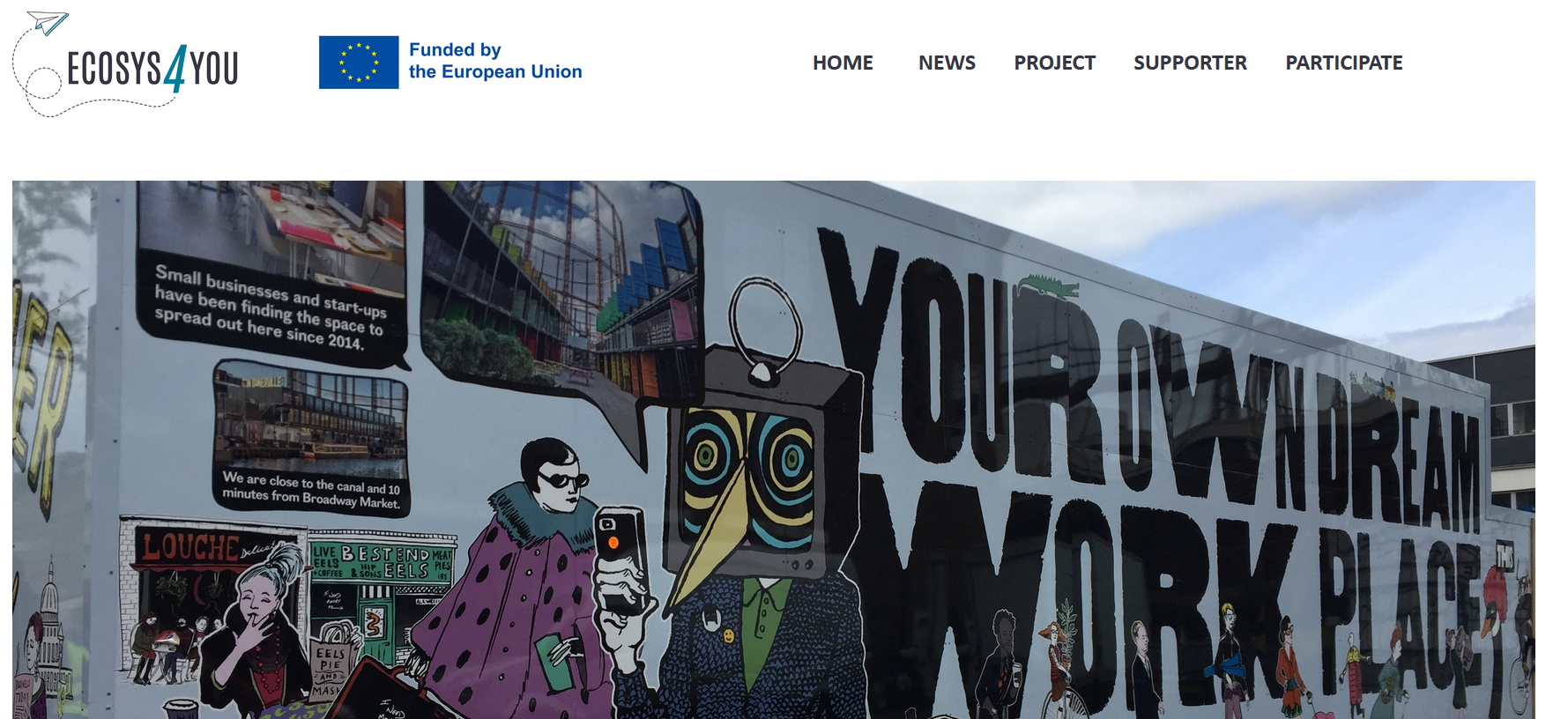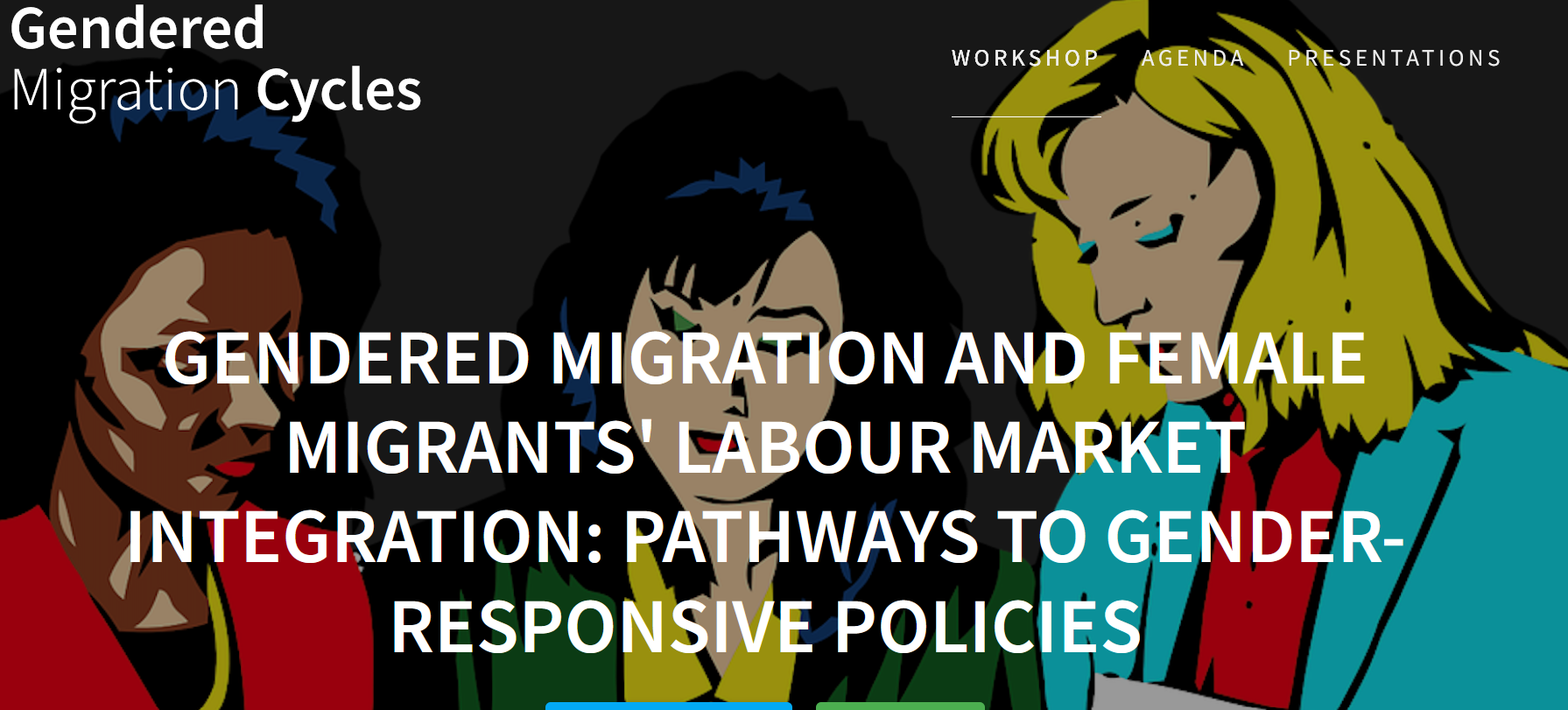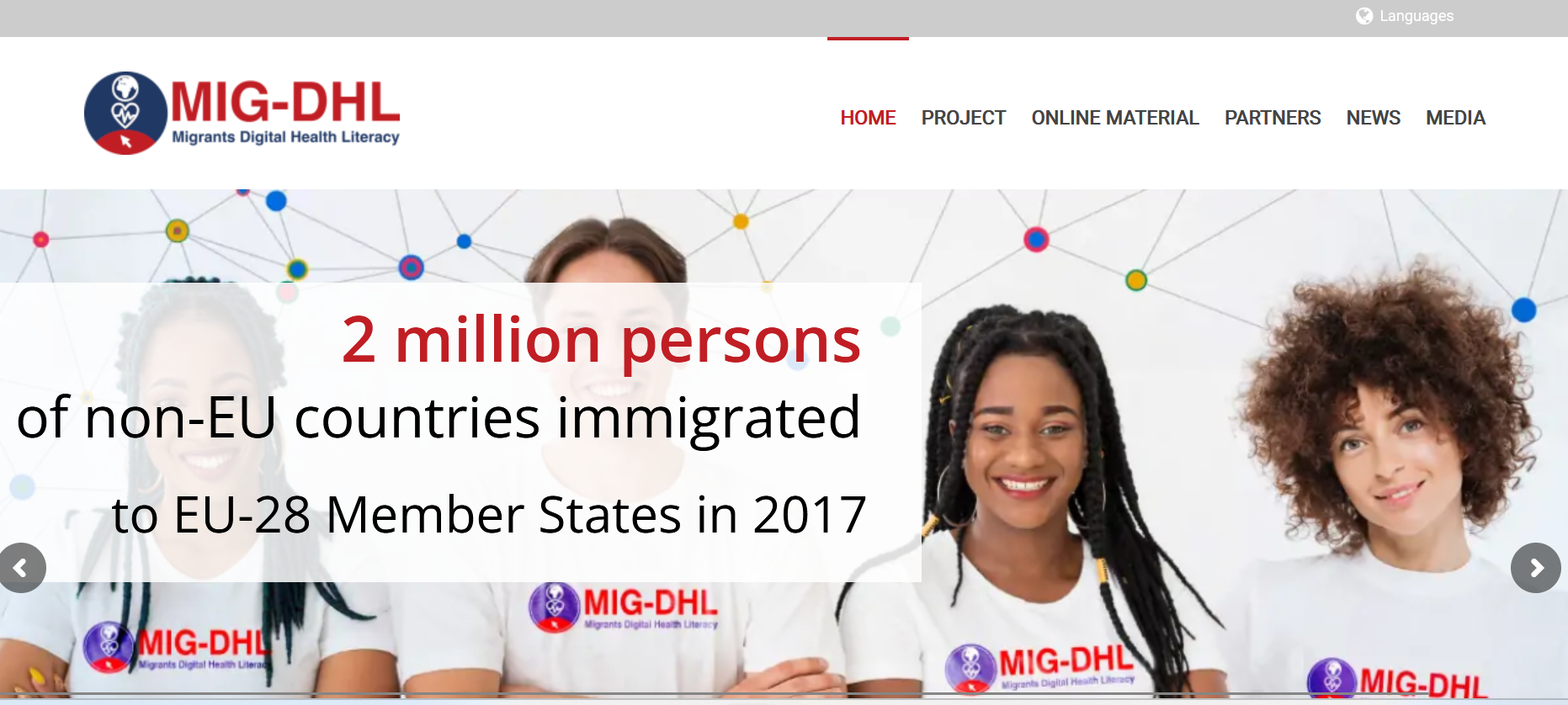Institute for Work and Technology
The scientific and practical interest of the Institute of Work and Technology (IAT) at the Westphalian University of Applied Sciences lies in the organization of knowledge and innovation for sustainable prosperity and quality of life. We are a central institution of the Westphalian University of Applied Sciences Gelsenkirchen, Bocholt, Recklinghausen and cooperate with the Ruhr University Bochum, among others, as a joint competence center for innovation. Our expertise is continuously developed in regional, national and international research projects and implemented and passed on in design projects and university teaching.
We research, develop and advise on the pulse of the times: How do we want to work in the future, under what working hours and conditions - and where does work actually take place? How do we shape the future of our neighborhoods, cities and regions as places to live and work? How will structural change continue in companies, organizations, cities and regions? Can we steer innovations - not only technically, but also socially and organizationally for more social cohesion and better participation, for socio-ecological transformation and a high quality in the healthcare system?
As a research institution at the interface between science and practice, the IAT researches current social and economic challenges. It offers approaches for solving them on the basis of the latest scientific knowledge and new findings in research and development. At the same time, practical experience is systematically processed and made available for further basic research.
Our competencies include statistical evaluations, consulting projects, we organize surveys and events within the framework of research projects.
Our research topics
Publications
Projects
Project websites
More information and more project websites

















